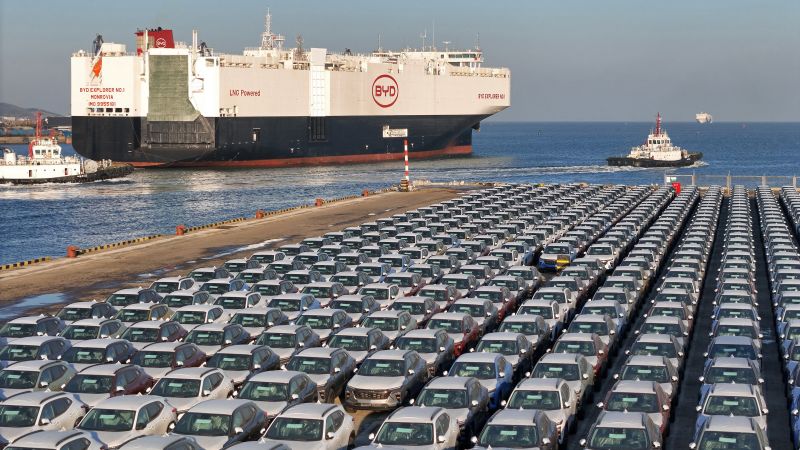The global economy is expected to stabilize, according to the World Bank, with a projected growth of 2.6% in 2024. However, the growth will not be uniform across all economies and will not match pre-pandemic rates. The chief economist of the World Bank, Indermit Gill, noted that growth is still lower than pre-2020 levels, particularly concerning for the world’s poorest economies. The World Bank identified three risks to global economic growth, including high interest rates, geopolitical tensions, and political uncertainties arising from changes in government leadership.
Interest rates are expected to remain high, with global inflation slowing to 3.5% in 2025 and interest rates averaging 4% over 2025 and 2026, double the pre-pandemic average. The European Central Bank and Bank of Canada have already cut their rates, but the US Federal Reserve has not followed suit. The Fed has also reduced its projections for rate cuts for the year, with Chair Jerome Powell stating that inflation needs to be closer to the 2% target before monetary policy can be eased. The World Bank’s deputy chief economist, Ayhan Kose, warned that higher rates could lead to tighter global financial conditions and weaker growth in developing economies.
Geopolitical tensions, particularly from conflicts like the Russia-Ukraine war and Israel-Hamas conflict, pose a risk to global growth by affecting oil prices and shipping costs. While oil prices have come down from initial spikes, attacks on container vessels in the Red Sea have led to increased costs and shipping delays. The continuation of conflicts could dampen global business and consumer sentiment, leading to reduced demand and growth. Political risks also arise from potential changes in government leadership in key countries, with trade tensions already brewing between major global economies.
Inflation data released by the Bureau of Labor Statistics showed that while grocery prices remained flat in May, menu prices continued to rise. Menu prices at sit-down restaurants increased by 0.4% from April to May, and prices at limited-service spots rose by 0.2%. Menu prices have increased significantly over the past year, with full-service restaurant prices rising by 3.5% and limited-service restaurant prices jumping by 4.5%. The fast food sector has faced backlash from customers over the price hikes, impacting the sector’s reputation for affordability.
TikTok, a popular short-form video app, has gained attention for its potential influence in US politics. However, new survey data from the Pew Research Center and the John S. and James L. Knight Foundation suggests that politics is not a primary focus for most TikTok users. Despite politicians, including former President Donald Trump and President Joe Biden, using the platform to engage with young voters, the survey indicates that politics is a small part of TikTok’s offerings. Concerns have been raised about TikTok’s links to China and potential influence on US politics, with the platform denying any data sharing with the Chinese government.
Overall, the global economy is expected to stabilize, but challenges such as high interest rates, geopolitical tensions, and political uncertainties could impact growth. Menu prices continue to rise, causing strain on budget-conscious consumers, especially in the fast-food sector. Despite the attention on TikTok’s political influence, survey data suggests that politics is not a primary focus for the majority of users on the platform. Concerns remain about TikTok’s links to China and its potential influence on US politics, as politicians utilize the platform to engage with young voters.













